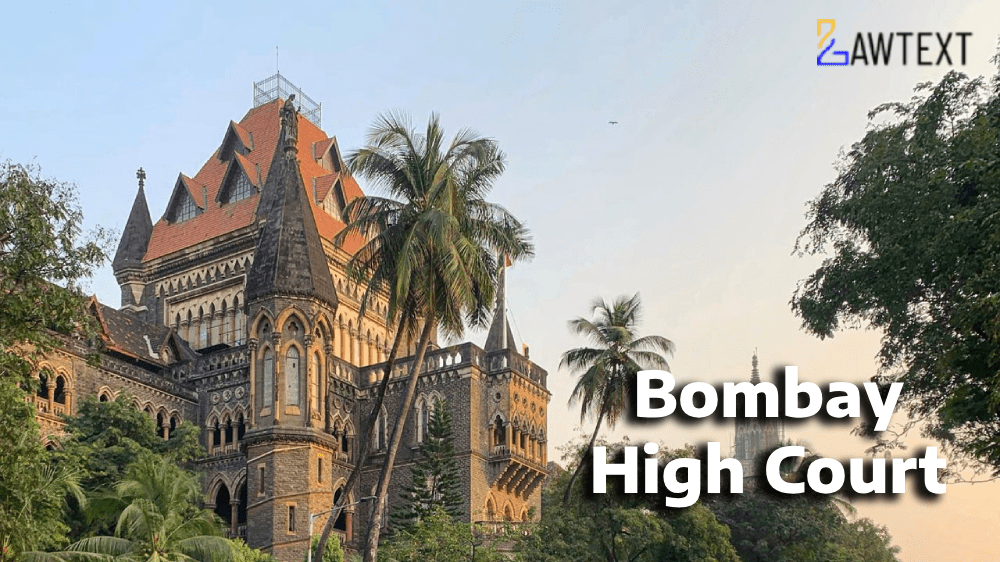

The appeals revolved around whether a daughter could inherit her father’s property if he died before 1956, leaving behind a widow and daughter. The legal debate stemmed from the interplay between the Hindu Women’s Rights to Property Act, 1937, and the Hindu Succession Act, 1956.
“Does a daughter have inheritance rights prior to the enactment of the Hindu Succession Act, 1956, when the father dies leaving a widow?”
Hindu Women’s Rights to Property Act, 1937:
Hindu Succession Act, 1956:
Hindu Succession (Amendment) Act, 2005:
The court concluded that a daughter has no inheritance rights to her father’s property if he died before 1956. The reasoning was based on:
Hindu Succession Laws, Historical Inheritance Rights.
Inheritance, Hindu Law, Women’s Rights, Pre-1956 Succession, Legal History.
Citation: 2024 LawText (BOM) (11) 126
Case Number: SECOND APPEAL NO.593 OF 1987 WITH SECOND APPEAL NO.403 OF 1990 WITH SECOND APPEAL NO.733 OF 2004
Date of Decision: 2024-11-12
Case Title: Radhabai Balasaheb Shirke & Ors. Versus Keshav Ramchandra Jadhav & Ors.
Before Judge: A. S. CHANDURKAR & JITENDRA JAIN, JJ.
Advocate(s): Mr. S. G. Deshmukh a/w. Mr. Uday B. Nighot and Adv. Sulajja Patil for Appellant in SA/593/1987. Mr. Ram S. Apte, Senior Advocate a/w. Mr. Mayuresh Lagu and Mr. Sagat Patil for the Appellant in SA/733/2004. Mr. Drupad Patil a/w. Mrs. Rutuja Ambekar, Mr. Namit Pansare, Mr. Rugved Kinkar and Ms. Srushti Chalke for Respondent No.2 in SA/733/2002. Mr. Abhijit B. Kadam a/w. Mr. Ashish Chavan for Respondent No.3. Mr. Ashutosh A. Kumbhakoni, Senior Advocate a/w. Mr. Sarthak S. Diwan, Mr. Manoj Badgujar and Ms. Sneha S. Bhange for Respondent No.1A to 1C. Mr. R. M. Haridas a/w. Mr. Pratik Rahade, Mr. Somnath Thengal and Mr. Sumeet Khaire i/b. Mr. Anil Shitole for Respondent No.1A to 1M.
Appellant: Radhabai Balasaheb Shirke & Ors.
Respondent: Keshav Ramchandra Jadhav & Ors.